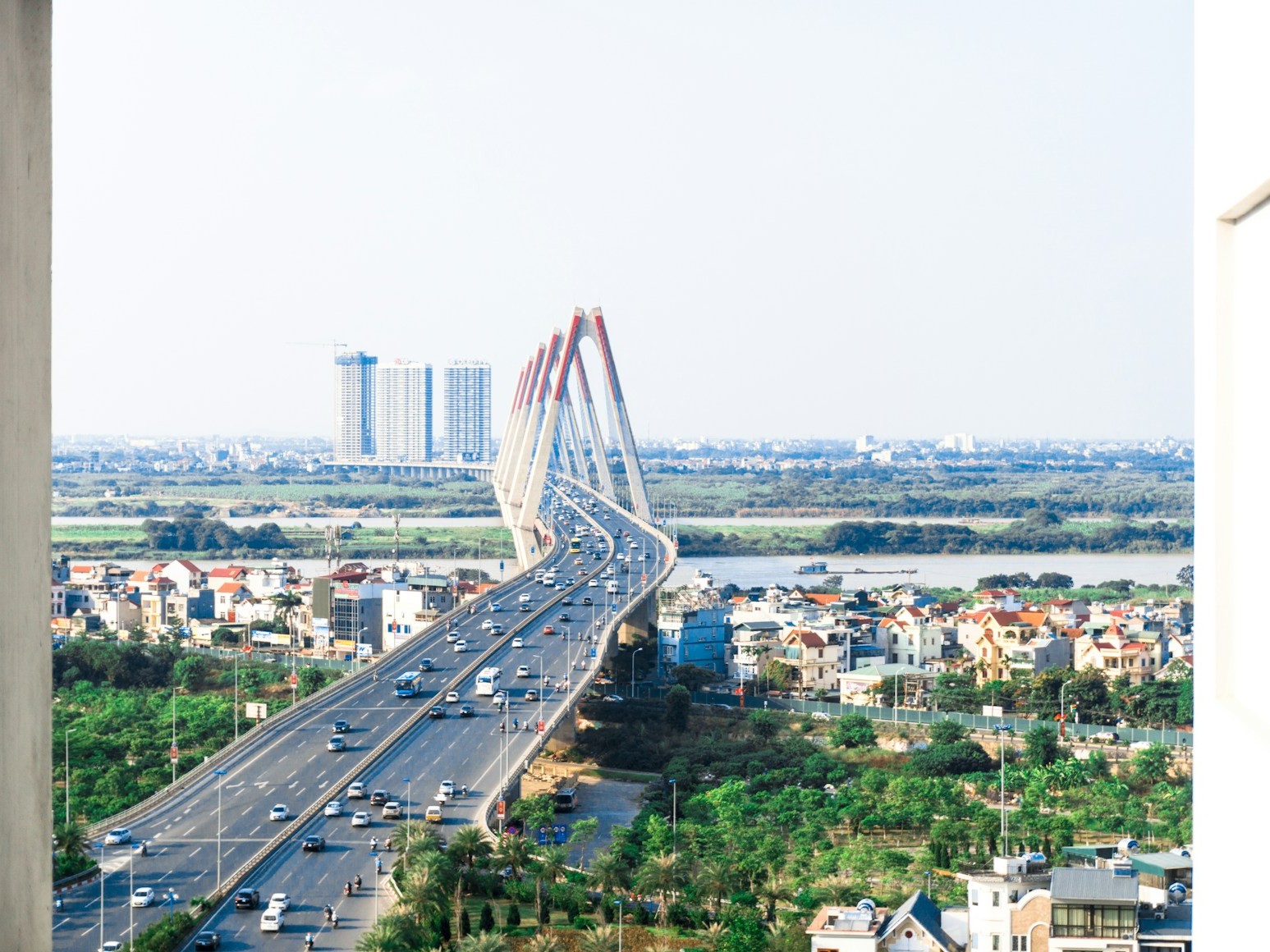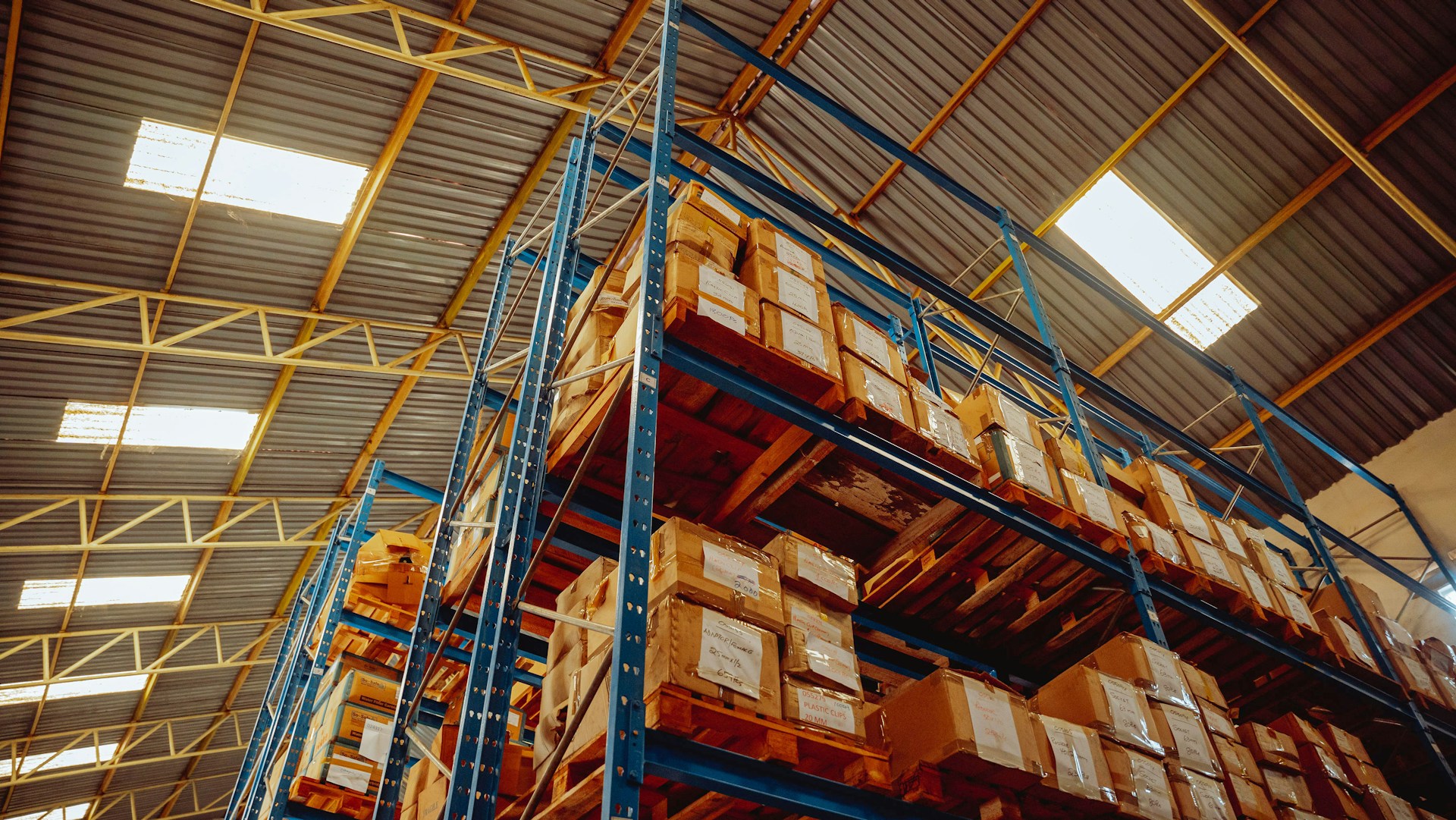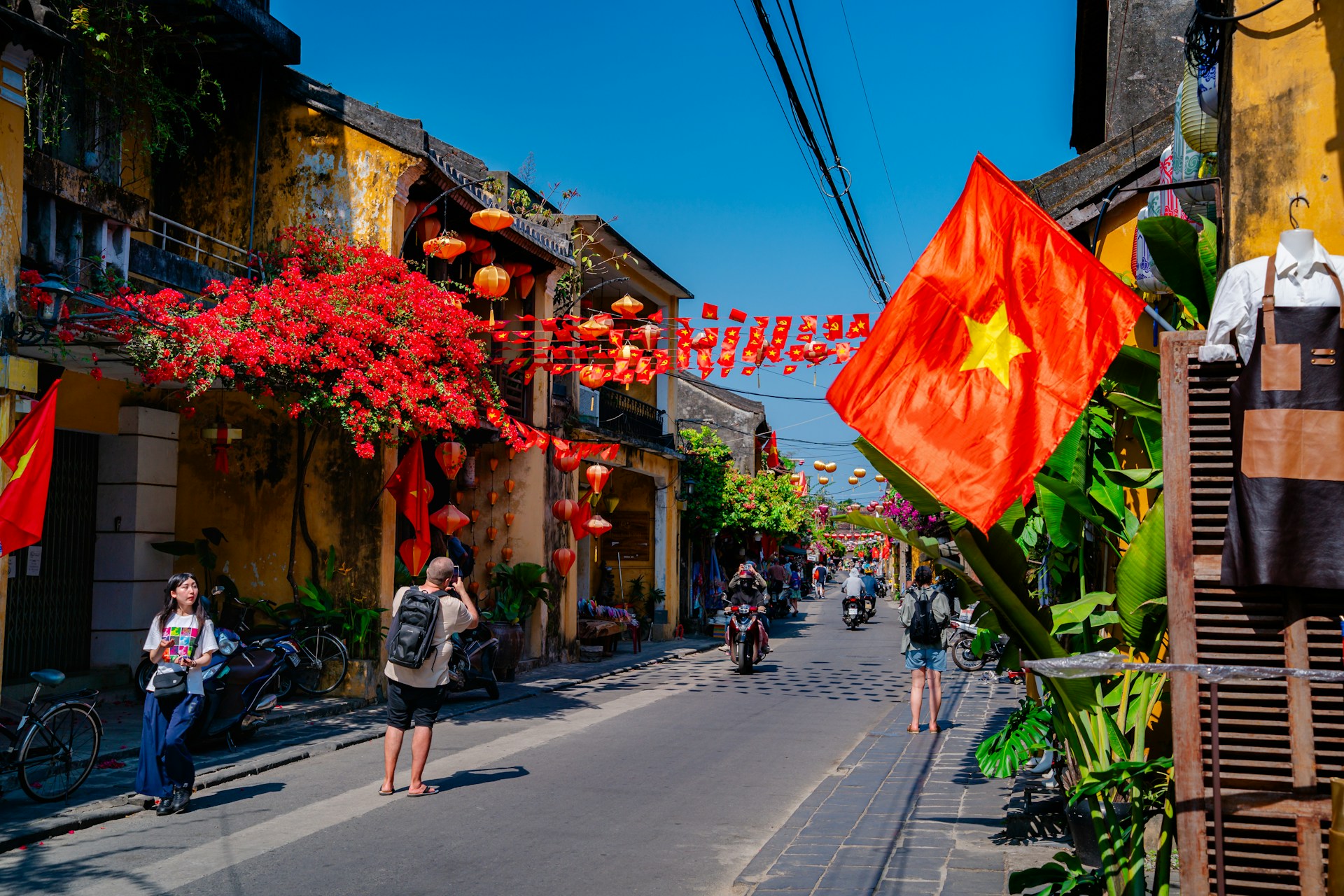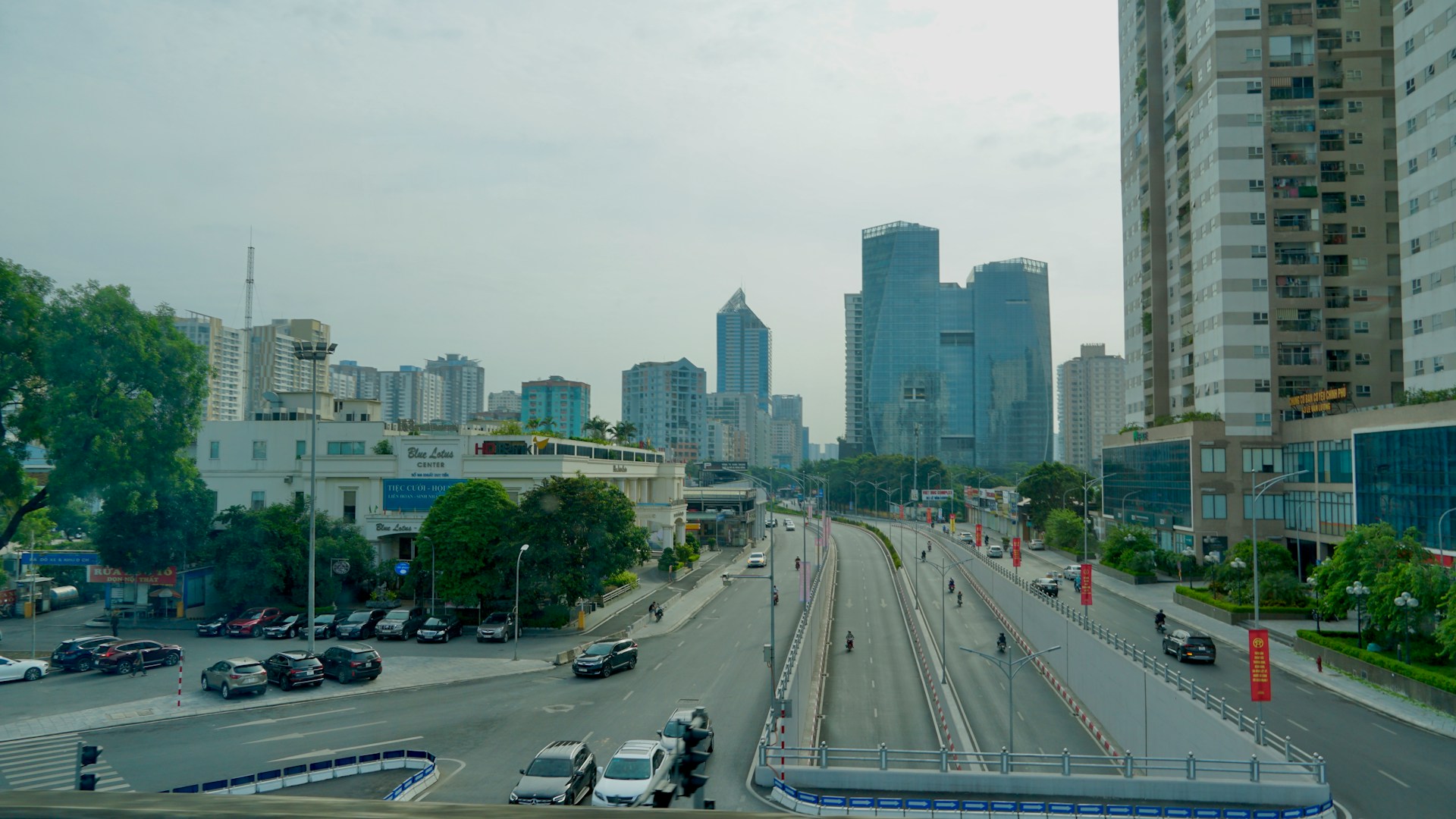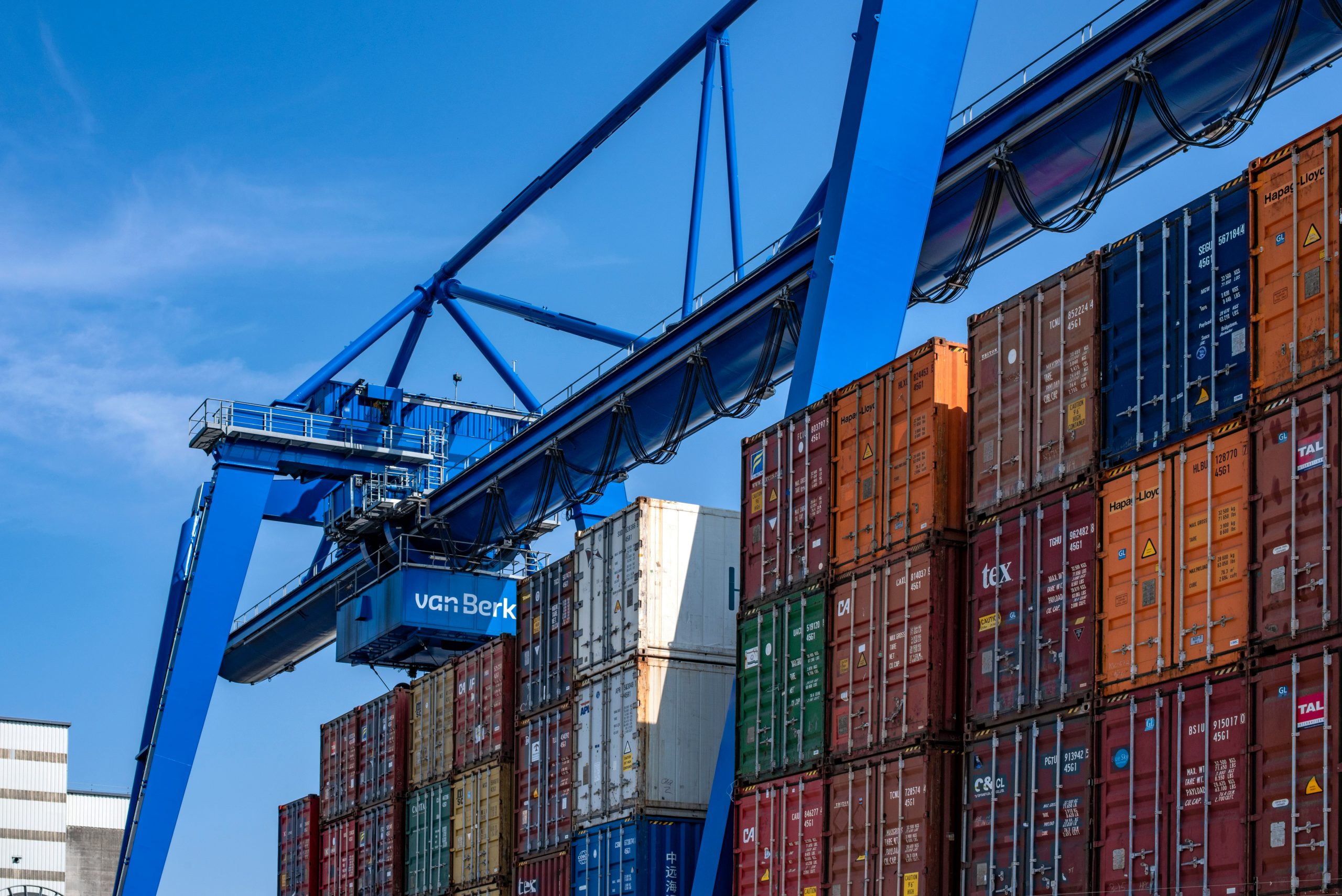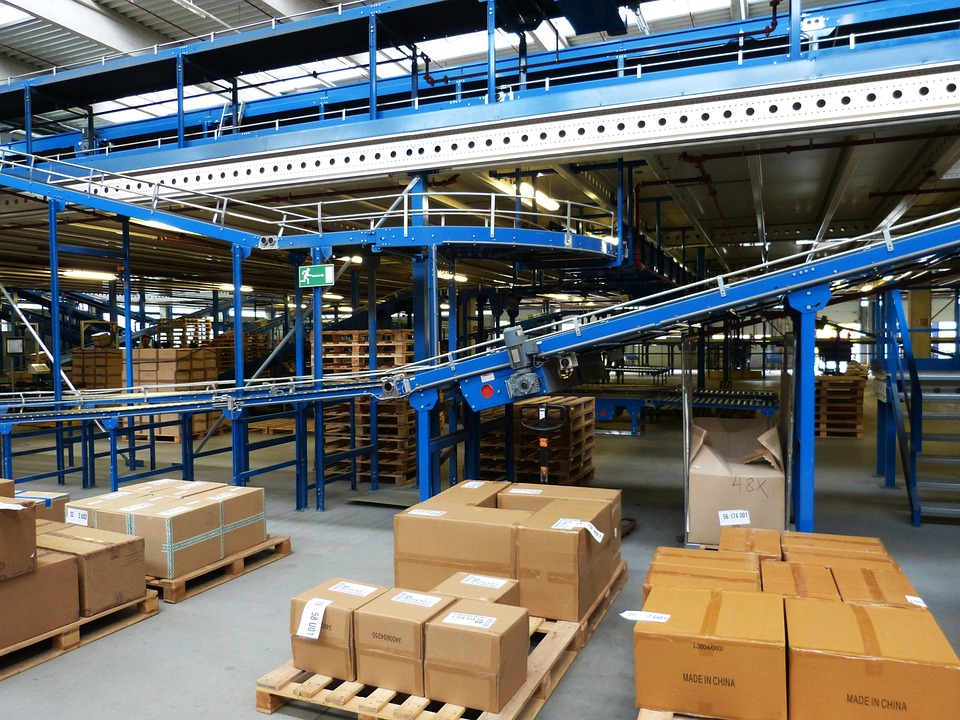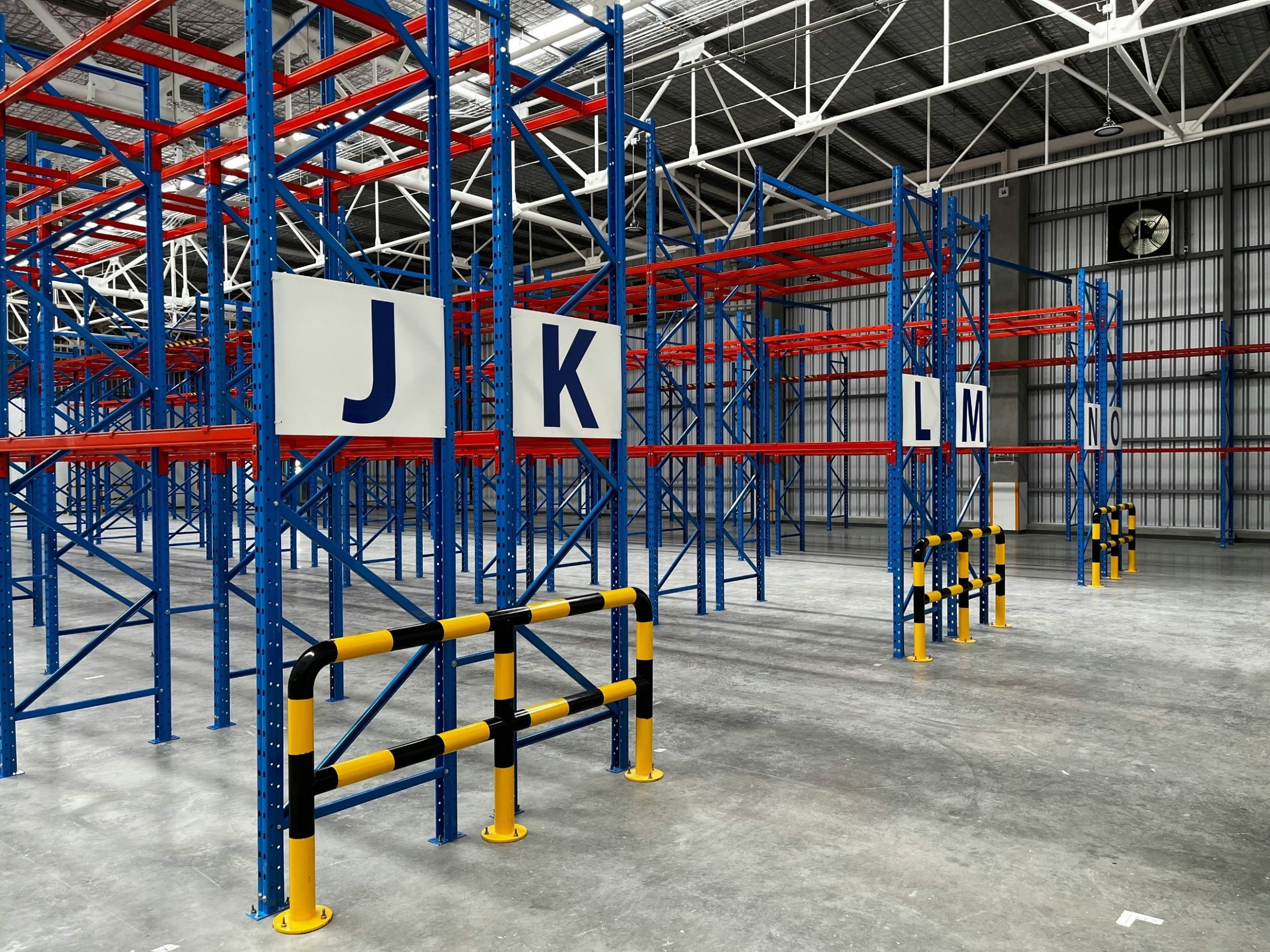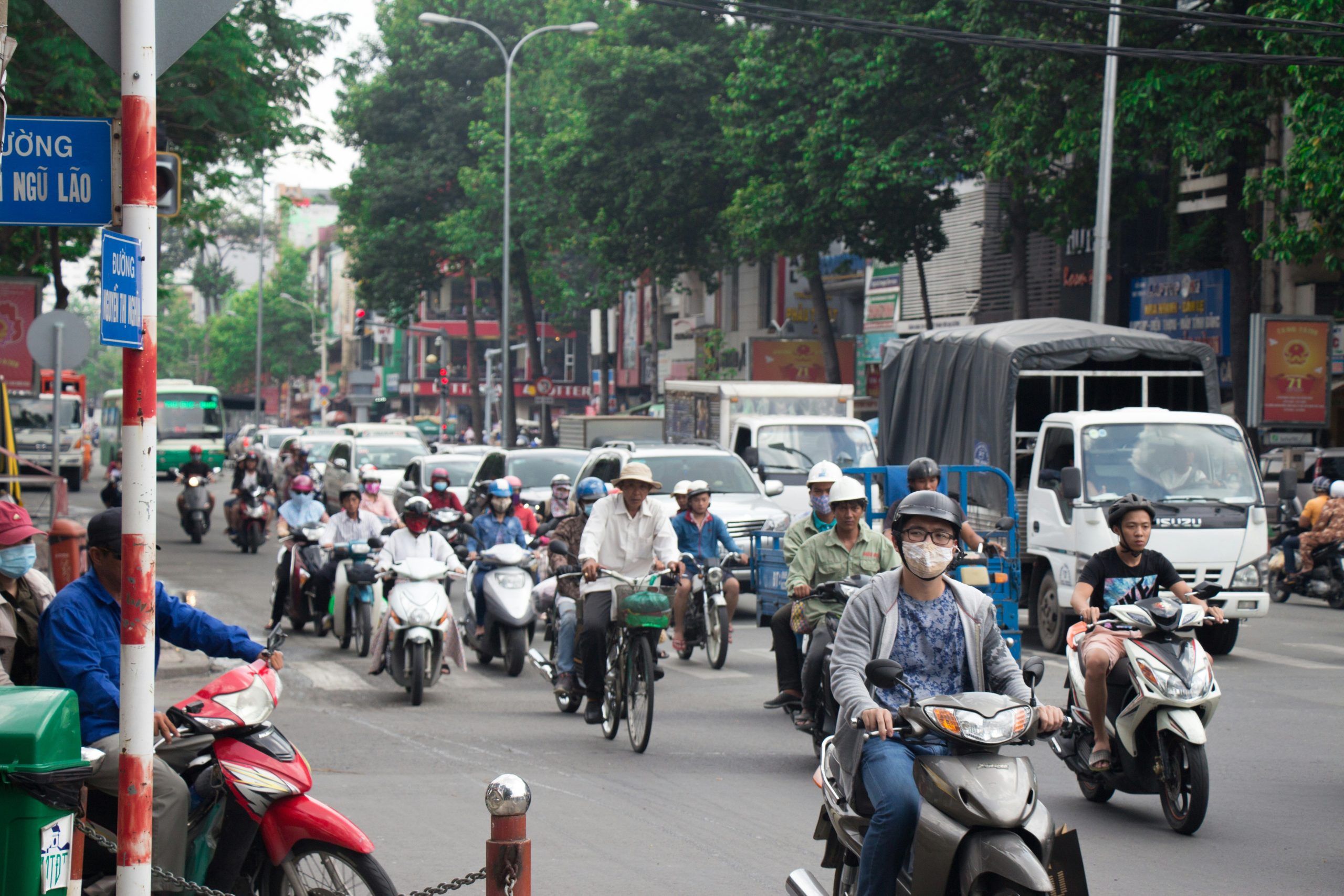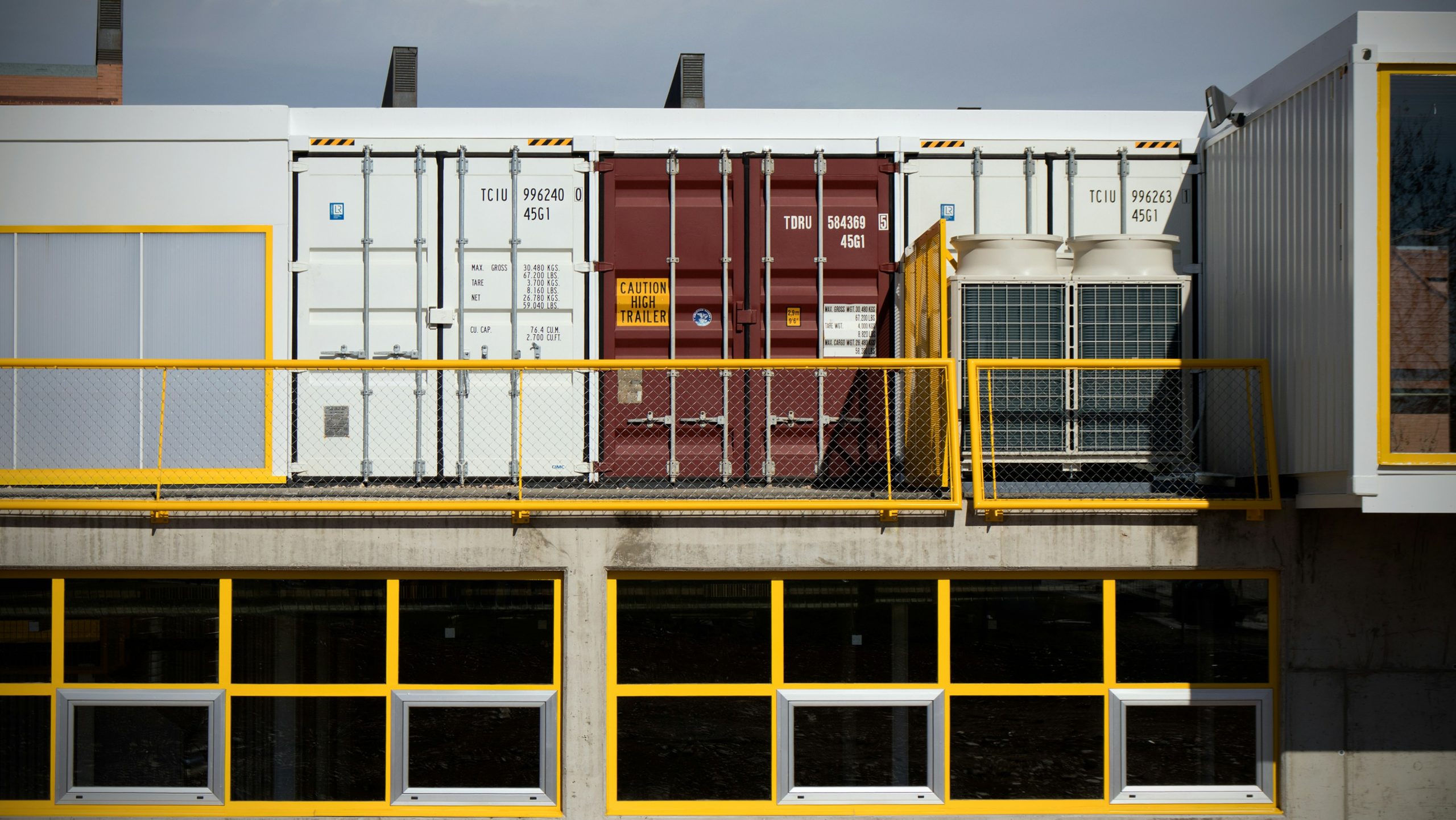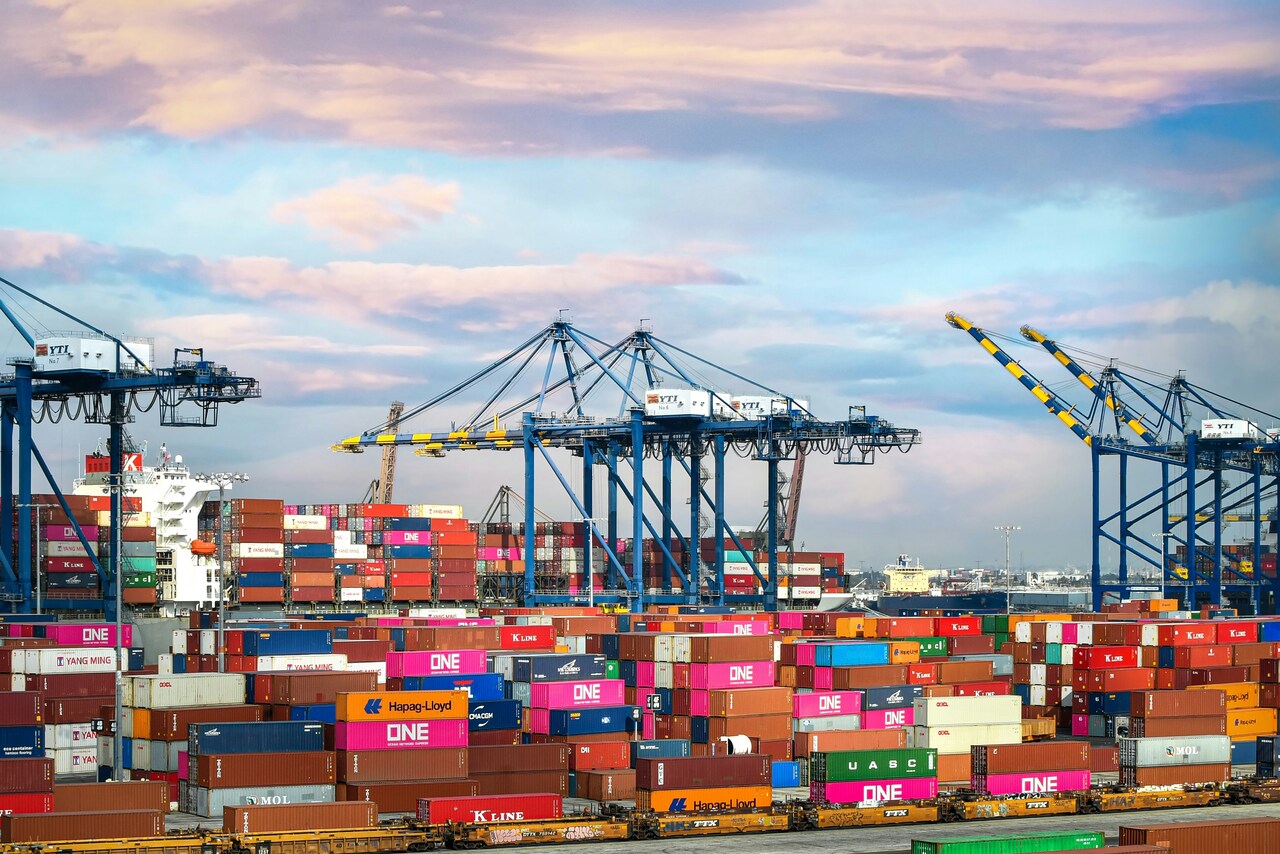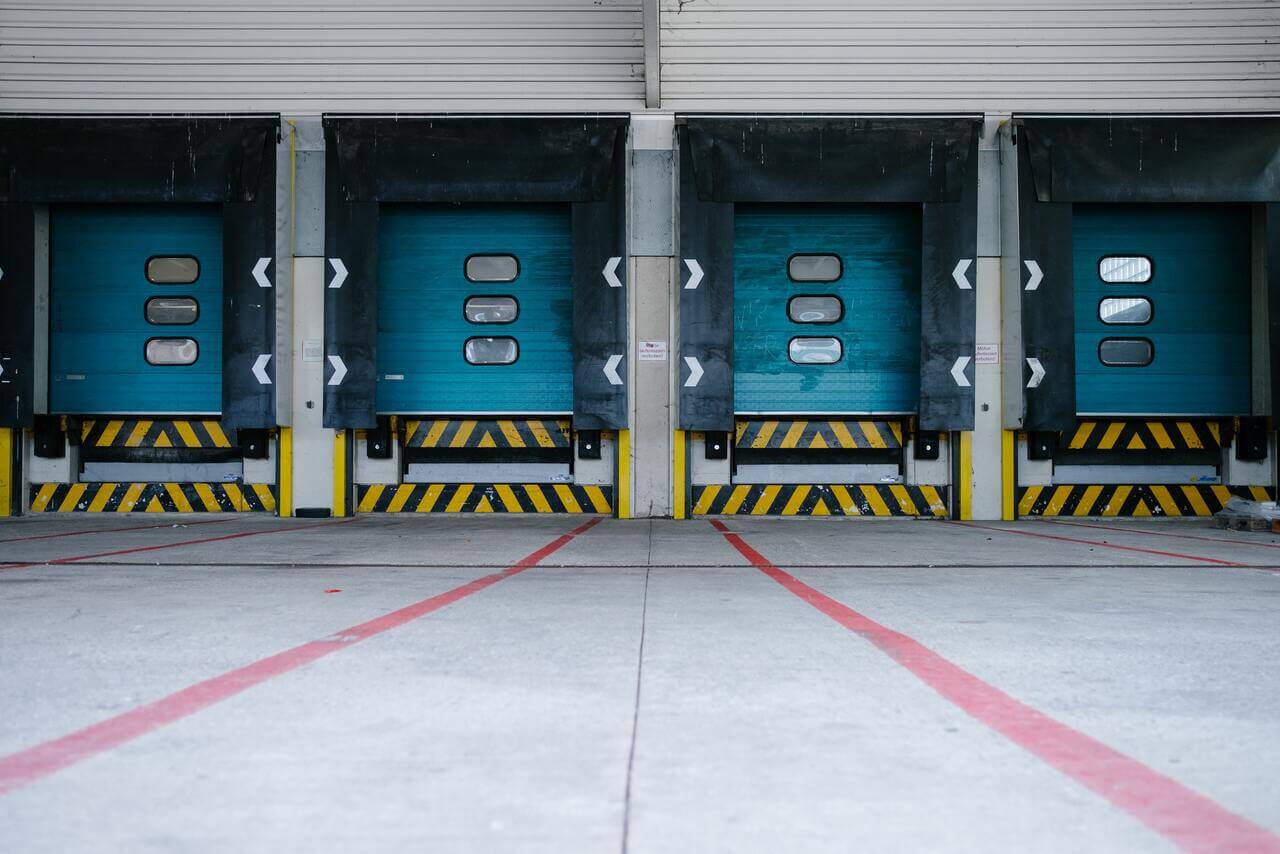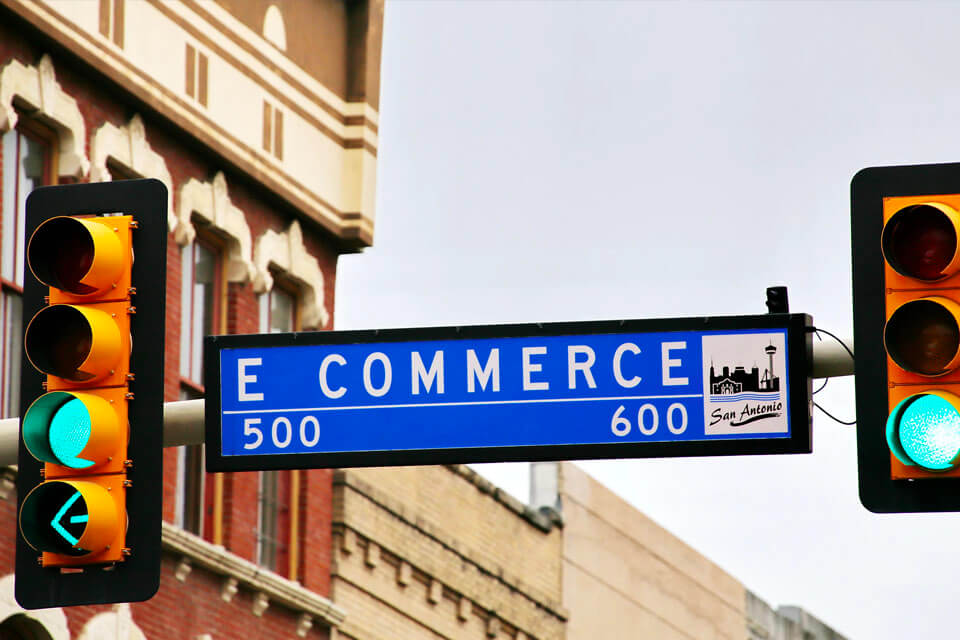
15Feb2019
Industry Reviews
Comments: No Comments.
Vietnam e-commerce market size is projected to reach $15 billion by 2025
According to the latest report by Google – Temasek in November 2018, Vietnam e-commerce market size in 2018 is $2.8 billion and is expected to reach $15 billion by 2025; with annual growth rate of 43% in period 2015 – 2025. In SEA region which has about 120 million e-commerce active users, Vietnam is the second fastest growing market, just behind Indonesia.
SEA e-commerce market size (GMV – Gross Merchandise Value, $B)
Source: Google- Temasek’s e-Conomy SEA 2018 report
Global e-commerce giants including Alibaba, JD.com, Tencent have made big investments in Vietnam biggest e-commerce platforms, namely Lazada; Tiki; Shopee, meanwhile key domestic corporates such as FPT and Vingroup also heavily invested in their e-commerce websites (i.e. Sendo, Adayroi).
Number of Visits of 5 biggest E-commerce websites in Vietnam (unit: million)
Source: http://ecommerceiq.asia
The fast-growing of Vietnam e-commerce set high demand for e-logistics development, with expected CAGR at 42% in 2018 – 2022
“Last-mile logistics is the last stretch of a business-to-consumer (B2C) parcel, from the order penetration point (i.e., fulfillment center) to the final consignee’s preferred destination point (e.g., home or cluster/collection point), for the reception of goods” (Lim, Xin, & Srai 2015). Last mile logistics is important for e-commerce business because it interacts directly with end customers. Investing strategically in last mile logistics has been the pivotal factor for any e-commerce players to surpass the competition. However, e-commerce logistics, especially last-mile delivery companies in Vietnam have still been in early-stage of development; thus haven’t met with online retailers’ requirement for timely, reliable and cost-efficient delivery when dealing with a large number of orders at a time.
The current booming of Vietnam e-commerce therefore has created very high demand and pressure for logistics services, at the same time triggered for a promising e-logistics sector. According to Ken Research 2018, Vietnam e-commerce retail logistics market is valued at EUR90 million (US$103 million) in 2018, and is forecast to reach an average growth of 42% per year till 2022.
How leading e-commerce players in Vietnam currently implement logistics to fulfil their orders?
Some e-commerce platforms develop their own logistics department, such as Lazada E-logistic Express and Tiki Now, to carry out warehousing, packing and shipping. Besides, some electronic products e-commerce sites such as Thegioididong, Dienmayxanh, FPT shop and Nguyen Kim also do fulfillment service by themselves to leverage their large store networks.
However, almost all of the online retail businesses can’t implement logistics service in-house, and have to rely on third-party logistics (3PLs) partners in certain stage for cost-efficiency.
The giant player Lazada Vietnam choose to use its own fleet, which handles about 55-60% of other, in parallel with using other 3PLs in order to ensure customer service, take advantage of promotions along with optimizing overall shipping costs. Other top sites, namely Shopee, Sendo are provide shipping mostly through its 3PL delivery partners.
Vietnam has approximately 50 enterprises providing e-logistics services.
According to logistics report 2017 by Ministry of Industry and Trade, Vietnam has approximately a total of 50 enterprises providing e-logistics services.
Among those, traditional postal service providers such as VN Post, EMS, Viettel Post have responded to the market by offering solutions for online retailers; their advantages of existing nationwide post office network and high operational capacity allow them to play a strong role in rural areas.
Besides, as the needs for convenient and express delivery is prominent for e-commerce customers, especially in urban areas, there exists huge opportunity for logistics start-ups who can bring in technology solutions to improve quality service and optimize the operating system. In the past few years, many e-commerce focused delivery start-ups have entered the market, some have obtained significant financial support from investors. Outstanding names are Giao Hang Nhanh (GHN); Giao Hang Tiet Kiem (GHTK); NinjaVan, etc. which currently are the delivery partners of the key e-commerce platforms in Vietnam. The following table is to mention some key active ones.
Source: B&Company
International logistics service provider DHL has recently launched the DHL Parcel Metro Same Day, that offers delivery service with real-time tracking and rescheduling of deliveries through DHL’s fully-customizable digital platform. DHL eCommerce Vietnam has partnered with Sendo platform (with over 300,000 shops) to implement logistics services to its customers.
On-demand delivery, which is the immediate or scheduled delivery to customers after they make the orders, have been also booming to meet the need of time-sensitive delivery, especially in the food delivery segment. This has opened the playground for a number of players such as Ahamove, LalaMove, Delivery Now, Grab, GoViet and many other small start-ups, making the market more dynamic than ever.
Though this is a promising sector, e-commerce logistics providers still have to face many challenges. One of the biggest is all delivery service providers have to accommodate COD (i.e.cash on delivery) which leads to labour intensive and higher operational cost. Given the higher volume of e-commerce transactions, logistics providers also need to manage a corresponding volume of returned, exchanged and damaged goods. Poor quality addresses, rural areas and failed delivery attempts are also significant challenges for e-commerce logistics. The other problem is approximately 75% of everyday e-commerce orders taking place within and between the two major metropolitan cities (i.e. Hanoi and Ho Chi Minh city) with heavy traffic load. The competition on delivery speed and cost, therefore, will still be the headache for all e-logistics players.
Despite the challenges, the sector will definitely witness rapid growth in the future. Recently, the Vietnam eCommerce and Digital Economy Agency under the Ministry of Industry and Trade has announced a target of 30 percent of the country’s population participating in online shopping with an average expense of $350 per person per year by 2020. E-commerce is undeniably one of the fastest growing sectors in Vietnam, and the revolutionary logistics services could boost the market even further.
Reference:
- Report “e-Conomy SEA 2018” – Google and Temasek: https://www.thinkwithgoogle.com/intl/en-apac/tools-research/research-studies/e-conomy-sea-2018-southeast-asias-internet-economy-hits-inflection-point/
- http://www.hanoitimes.vn/economy/trade-service/2019/01/81e0d1c0/demand-for-e-logistics-in-vietnam-projected-to-boom/
- http://www.hanoitimes.vn/news/2018/02/81E0C19E/bright-prospects-for-e-logistics-development/
- https://iprice.vn/insights/mapofecommerce/en/
- https://www.researchgate.net/publication/317753330_Lazada’s_Last_Mile_Where_No_E-Commerce_Company_in_Vietnam_Had_Gone_Before
- https://theloadstar.co.uk/vietnam-e-commerce-boom-headache-logistics-players/
- http://www.future-of-ecommerce.com/
- http://enternews.vn/bizweb-bat-tay-voi-dhl-ecommerce-nang-tam-tmdt-viet-nam-117244.html
- https://en.prnasia.com/releases/apac/24808-0.shtml
- http://cafef.vn/thi-truong-giao-nhan-nhung-cuoc-dua-toc-do-20181014095117515.chn
- https://news.zing.vn/giao-hang-nhanh-mo-rong-quy-mo-voi-150000-don-hang-moi-ngay-post848474.html
- http://www.businessdictionary.com/definition/gross-merchandise-value.html
- https://www.lazada.vn/
- https://shopee.vn/
- https://tiki.vn/
- https://www.sendo.vn/
- https://www.thegioididong.com/
- https://ghn.vn/
- https://www.ninjavan.co/vn-vn/
- https://www.logistics.dhl/vn-vi/home.html?locale=true
- https://giaohangtietkiem.vn/







